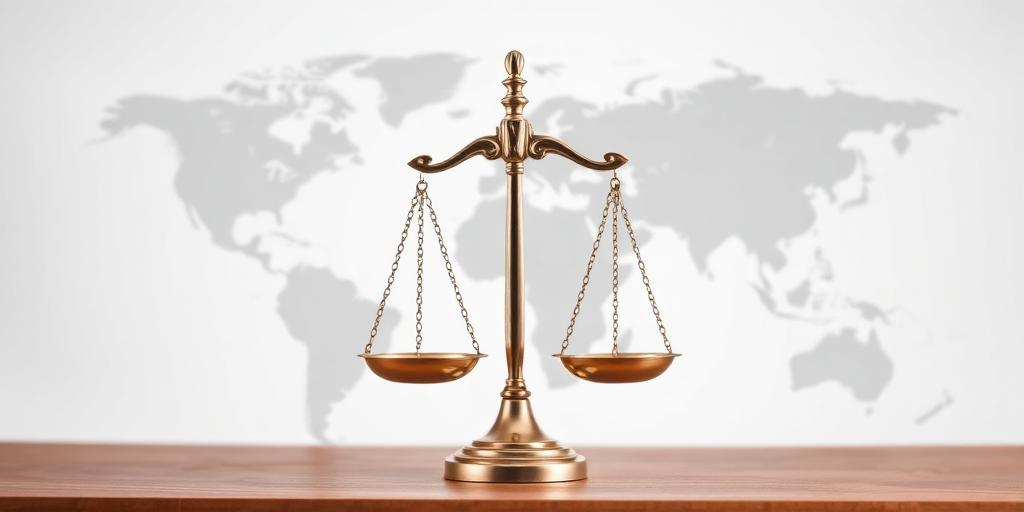The Role of International Law in Conflict Resolution
International law plays a crucial role in conflict resolution by providing a framework of rules, principles, and institutions to manage and resolve disputes between states and other international actors. It serves as a foundation for peaceful coexistence and cooperation in the international community.
Key Functions of International Law in Conflict Resolution
- Setting Norms and Standards:
- International law establishes norms of behavior for states, including the prohibition of the use of force, the principle of sovereign equality, and the obligation to respect human rights. These norms create a baseline for acceptable conduct and provide a basis for judging the actions of states in conflict situations.
- Providing Mechanisms for Dispute Resolution:
- International law offers various mechanisms for resolving disputes peacefully, such as negotiation, mediation, arbitration, and judicial settlement. These mechanisms provide avenues for states to address their differences through dialogue and legal processes, rather than resorting to violence.
- Regulating the Use of Force:
- International law regulates the use of force by states, allowing it only in cases of self-defense or when authorized by the United Nations Security Council. This framework aims to prevent aggression and maintain international peace and security.
- Establishing Accountability:
- International law holds states and individuals accountable for violations of international norms, including war crimes, crimes against humanity, and genocide. International criminal tribunals and other accountability mechanisms seek to ensure that those responsible for atrocities are brought to justice.
- Facilitating Humanitarian Assistance:
- International humanitarian law (IHL) provides a framework for protecting civilians and regulating the conduct of hostilities during armed conflicts. IHL seeks to minimize human suffering and ensure that humanitarian assistance reaches those in need.
Challenges and Limitations
Despite its importance, international law faces several challenges and limitations in conflict resolution:
- Enforcement: The enforcement of international law can be difficult, as it relies on the cooperation of states and the authority of international institutions. States may not always comply with international law, particularly when their interests are at stake.
- Politicization: International law can be politicized, with states selectively invoking or interpreting legal principles to advance their own agendas. This can undermine the credibility and effectiveness of international law.
- Evolving Nature of Conflict: Contemporary conflicts often involve non-state actors, such as terrorist groups and armed militias, which are not directly subject to international law. This poses challenges for applying traditional legal frameworks to new forms of conflict.
Conclusion
International law plays a vital role in conflict resolution by providing a framework of norms, principles, and mechanisms for managing and resolving disputes peacefully. While it faces challenges and limitations, international law remains an essential tool for promoting international peace and security and upholding the rule of law in the international community.









